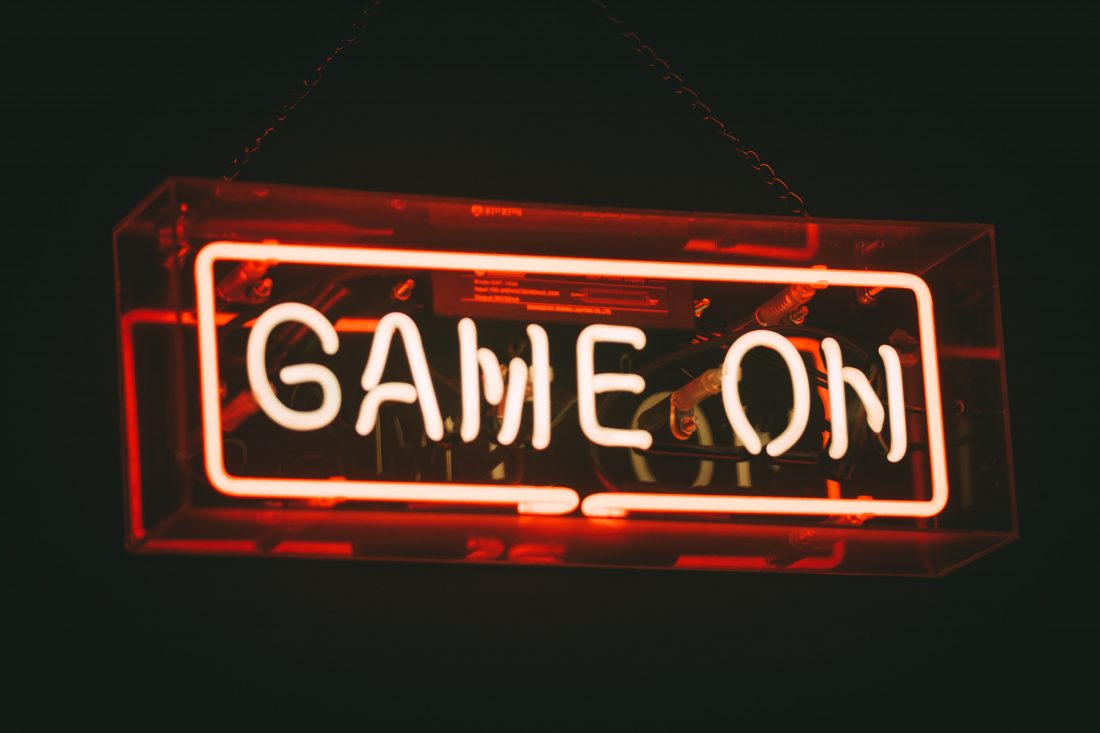
How are user types associated with preference and perceived sense of accomplishment for gamification designs?
In the last decade, gamification has been used to engage users in different types of systems, however, it also can bring negative outcomes. These negative outcomes are in part because people have different characteristics and preferences that would influence their behavior during the usage of this type of system. To mitigate these negative results it is possible to personalize the gamification to make the systems more suitable according to the users’ preferences.
A study conducted by researchers from the University of São Paulo (Brazil) and Gamification Group members, sought to identify how the user types from the Hexad model are related to different gamification designs. 21 different game elements were used in five gamification designs, where the authors measured the preferences and perceived sense of accomplishment of the participants.
The study identified that the performance-based gamification could be considered most adequate for all users, while fictional-based gamification and personal-based gamification were the least preferred by the respondents. The study discovered that each of the user types has different perceptions and preferences over the gamification designs since they have identified positive and negative associations. The study results also indicated that the user types had different levels of association with the gamification designs when comparing the preference with the perceived sense of accomplishment.
The study provided five storyboards that represented the design concept of a gamified educational system and were validated by gamification experts. They can be implemented as an educational gamified system, as well as used as a basis to create recommender systems to suggest the most suitable gamification design for each user according to the Hexad user type.
The article also has recommendations of how to personalize gamified systems based on the study results, as well as indicate a series of new studies that could be conducted to further the results in different areas.
The relationship between user types and gamification designs
Reference: Santos, Ana Cláudia Guimarães, Oliveira, Wilk, Hamari, Juho, Rodrigues, Luiz., Toda, Armando. M., Palomino, Paula. T., & Isotani, Seiji. (2021). The relationship between user types and gamification designs. User Modeling and User-Adapted Interaction, 1-34.
See the paper for full details:
Abstract
Gamification has been discussed as a standout approach to improve user experience, with different studies showing that users can have different preferences over game elements according to their user types. However, relatively less is known how different kinds of users may react to different types of gamification. Therefore, in this study (N=331) we investigate how user orientation (Achiever, Disruptor, Free Spirit, Philanthropist, Player, and Socializer) is associated with the preference for and perceived sense of accomplishment from different gamification designs. Beyond singular associations between the user orientation and the gamification designs, the findings indicate no comprehensive and consistent patterns of associations. From the six user orientations, five presented significant associations: Socializer orientation was positively associated with Social, Fictional, and Personal designs, while negatively associated with Performance design; Player orientation was positively associated with Social (Accomplishment), Personal, and Ecological designs, while negatively associated with the Social design (Preference); Disruptor orientation was positively associated with Social design; Achiever orientation was positively associated with Performance and Social designs; and Free Spirit orientation was negatively associated with Social design. Based on the results, we provide recommendations on how to personalize gamified systems and set further research trajectories on personalized gamification.




Sorry, the comment form is closed at this time.